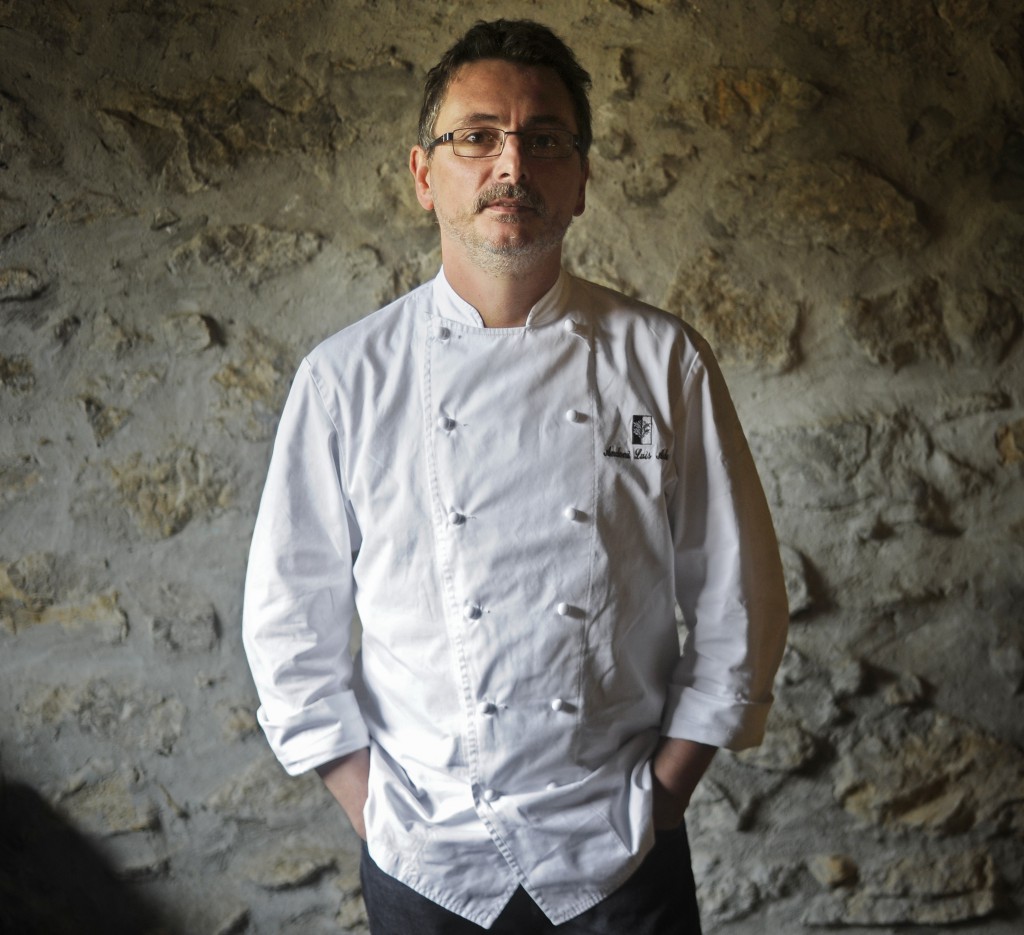At first glance, you might think this is about molecular gastronomy but it is actually about bigger questions. Do genetics influence what we like to eat? Why does food taste better when we are hungry? High-profile chefs and scientists will get together in a symposium in Spain to try and find out. It might just be the world’s most delicious symposium.
The gathering will be held in the Basque seaside resort of San Sebastian on October 24-26 – the first event organized by “Brainy Tongue,” a project launched by the Barcelona-based Centre for Genomic Regulation (CRG), a biomedical research institute, and the Basque Culinary Center, a gastronomy school.
At the symposium, Andoni Luis Aduriz, whose avant-garde Mugaritz restaurant is rated the world’s seventh best by Britain’s influential Restaurant magazine, Britain’s Heston Blumenthal and Singapore pastry chef Janice Wong will work with geneticists, physicists and neuroscientists from Oxford, Cambridge or Yale universities.
“The world of cooking has always been close to science and that of science to cooking,” Aduriz said at the presentation of the Brainy Tongue project in Barcelona. “But there was still something missing.”
Chefs the world over know how to pleasure their guests with their dishes and what products go well with others, and “the magic of this process is based in neuroscience,” said CRG researcher Matthieu Louis.
But “we don’t know most of the scientific principles that lie behind exceptional food.”
Understanding these could enable the creation of menus tailor-made to someone’s genetic profile or general health, for instance, or even virtual olfactory or gustatory realities.
Spain’s northern Basque country, where San Sebastian is located, is famous for its traditional and avant-garde haute cuisine.
San Sebastian itself boasts the world’s biggest number of Michelin stars per square meter after Japan’s Kyoto.

